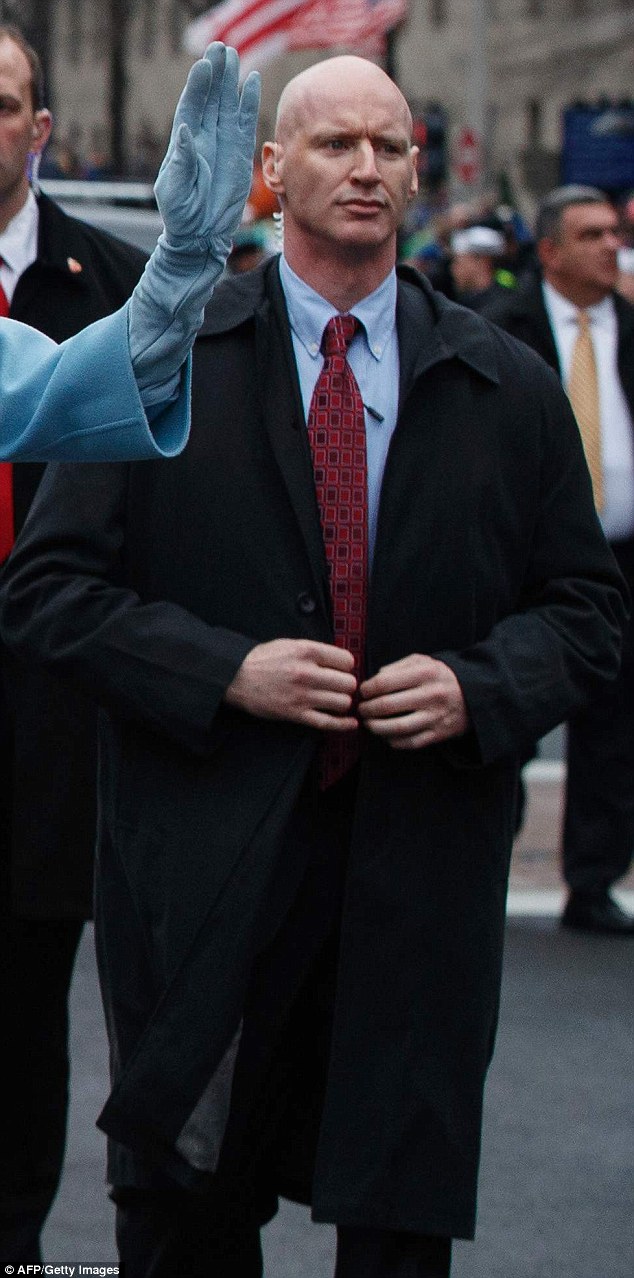In recent years, the concept of a bodyguard fake hand has gained significant attention among security professionals and enthusiasts alike. This innovative tool not only serves as a deterrent but also provides a level of psychological comfort in high-risk situations. In this article, we will explore the various aspects of bodyguard fake hands, their uses, advantages, and the technology behind them. Whether you're a security expert or simply curious about personal safety tools, this comprehensive guide will provide you with valuable insights.
As the world becomes increasingly aware of personal safety, the demand for creative solutions like bodyguard fake hands is on the rise. These devices are designed to mimic the appearance and functionality of a real hand, making them a perfect accessory for security personnel. In this guide, we will delve into the reasons why bodyguard fake hands are becoming popular, their effectiveness, and how they can be integrated into personal security strategies.
Additionally, we will provide a detailed overview of the technology that powers these devices, including materials used, design considerations, and the ethics surrounding their use. By the end of this article, you will have a thorough understanding of bodyguard fake hands and how they can play a crucial role in enhancing personal security.
Table of Contents
- Introduction
- What is a Body Guard Fake Hand?
- History and Evolution of Fake Hands in Security
- Benefits of Using Fake Hands for Security
- How to Use a Body Guard Fake Hand Effectively
- Technology Behind Body Guard Fake Hands
- Ethical Considerations in Using Fake Hands
- Conclusion
What is a Body Guard Fake Hand?
A bodyguard fake hand is a security tool designed to look like a real human hand. It is typically made from durable materials such as silicone or rubber, allowing it to withstand various conditions. These fake hands can be attached to clothing or equipment, providing the illusion of a security personnel's presence even when they are not physically present.
Common Uses of Body Guard Fake Hands
- Deterrent against potential threats
- Enhancing personal security in public places
- Incorporating into surveillance systems
- Training tools for security personnel
History and Evolution of Fake Hands in Security
The use of fake hands for security purposes can be traced back to the early 2000s when security experts began exploring alternative methods for enhancing personal safety. Initially, these tools were rudimentary and lacked sophistication. However, as technology advanced, so did the design and functionality of bodyguard fake hands.
Milestones in the Development of Fake Hands
- Early prototypes: Basic rubber hands
- Advancements in materials: Introduction of silicone
- Integration with technology: Smart fake hands
- Popularity surge: Increased demand in the security industry
Benefits of Using Fake Hands for Security
There are numerous advantages to employing bodyguard fake hands in security contexts. Here are some key benefits:
- Psychological Deterrence: The mere presence of a fake hand can deter potential threats from approaching.
- Cost-Effective: Fake hands are often more affordable than hiring additional security personnel.
- Versatile Applications: They can be used in a variety of situations, from personal safety to event security.
- Training Tool: Fake hands can assist in training security personnel to recognize potential threats.
How to Use a Body Guard Fake Hand Effectively
To maximize the effectiveness of bodyguard fake hands, it is essential to understand the best practices for their use. Here are some tips:
- Placement: Position the fake hand in a visible location to maximize its deterrent effect.
- Integration: Combine the fake hand with other security measures, such as surveillance cameras.
- Training: Ensure that security personnel are trained to utilize fake hands effectively.
- Regular Maintenance: Keep the fake hand in good condition to maintain its realistic appearance.
Technology Behind Body Guard Fake Hands
The technology used to create bodyguard fake hands has evolved significantly over the years. Here are some key aspects:
Materials Used
Modern fake hands are typically made from high-quality silicone or rubber, which allows for a realistic appearance and feel. These materials are also weather-resistant, making them suitable for outdoor use.
Design Considerations
When designing a fake hand, manufacturers consider various factors, including:
- Realism: The hand should closely resemble a real human hand.
- Durability: The materials used must withstand wear and tear.
- Weight: The hand should be lightweight for easy handling.
Ethical Considerations in Using Fake Hands
While bodyguard fake hands can be beneficial, there are ethical considerations to keep in mind. Using fake hands to deceive or intimidate individuals can lead to legal issues. It is crucial to use these tools responsibly and within the bounds of the law.
Conclusion
In conclusion, bodyguard fake hands represent an innovative and effective tool for enhancing personal security. Their unique design and psychological impact make them a valuable asset in various security situations. As the demand for personal safety solutions continues to grow, understanding the uses and benefits of bodyguard fake hands will become increasingly important.
We encourage you to explore the world of personal safety tools further. If you found this article helpful, please leave a comment below, share it with your friends, or check out our other articles on personal security solutions.
Thank you for reading, and we hope to see you back here for more insightful content on personal safety and security innovations!
You Might Also Like
Phyllis Smith Husband: The Untold Story Behind The Actress’s Personal LifeWho Was Chris Cuomo's First Wife? A Comprehensive Look Into Their Marriage And Life Together
Deon Cole's Wife: Exploring The Life Of The Comedian And His Partner
Michael Lavon: The Rise Of A Musical Icon
Jackerman 2024: The Future Of Innovation And Technology
Article Recommendations


